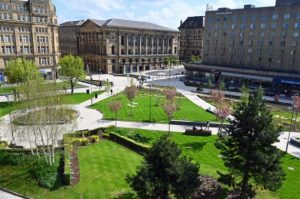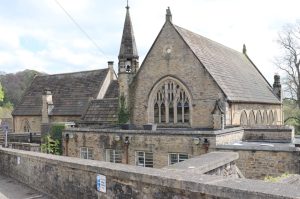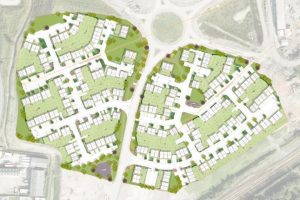University’s £4m project to tackle infrastructure challenges of the future

RESEARCH to find solutions to Engineering Grand Challenges has resulted in the University of Leeds receiving £4.2m funding to lead a national infrastructure research project.
The ambition is to create self-repairing cities and the project will develop small robots to identify problems with utility pipes, street lights and roads and fix them with minimal environmental impact and disruption to the public.
“We want to make Leeds the first city in the world to have zero disruption from street works,” said Prof Phil Purnell, from the School of Civil Engineering, is leading the research team.
“We can support infrastructure which can be entirely maintained by robots and make the disruption caused by the constant digging up the road in our cities a thing of the past.”
It was part of £21m funding announced by the Engineering and Physical Sciences Research Council (EPSRC) for its Engineering Grand Challenges research, which aims to tackle some of the major challenges facing science and engineering.
The team will work with Leeds City Council and the UK Collaboration for Research in Infrastructure and Cities (UKCRIC) to ensure that the robots are thoroughly tested before being trialled in Leeds.
Dr Rob Richardson, director of the National Facility for Innovative Robotic Systems at the University, added: “Detecting faults and weaknesses early and then quickly performing smart repairs is the key.
“Our robots will undertake precision repairs and avoid the need for large construction vehicles in the heart of our cities. We will use the unique capabilities of our robotic facility to make new, more capable robots.”







